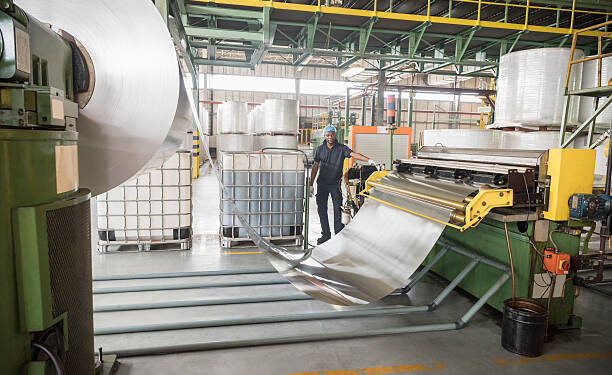- MAN said it expects import costs to rise in Nigeria, even as it predicted economic uncertainties and exchange rate volatility due to the float of the Naira.
- The association has also projected mixed outcomes on the impact of the floating exchange rate regime on the Nigerian economy, anticipating a deceleration of foreign exchange scarcity but also potential challenges for manufacturers dependent on imported raw materials.
- On the positive side, floating the exchange rate is expected to boost Nigeria’s export competitiveness, improve foreign exchange access, and increase capital flows in the long run.
The Manufacturers Association of Nigeria, MAN, says it expects import costs to rise and foresee economic uncertainties and exchange rate volatility due to the difficulty in predicting predict future exchange rate movements, due to the float of the Naira.
This was disclosed by Mr Segun Ajayi-Kadir, Director General of MAN in an interview on Thursday.
He added that floating exchange rates make economies more susceptible to external shocks.
Mixed Outcomes
MAN stated in the interview it projects mixed outcomes on the impact of the floating exchange rate regime on the Nigerian economy.
Ajayi-Kadir added that despite several economies practicing floating exchange rates, the outcome of the policy was often mixed as observed in these countries and the impact on the Nigerian economy at large would be different, however, he expects a deceleration of foreign exchange scarcity as currency arbitrage activities would drop.
- “On the challenging side, we expect increase import costs and currency depreciation may reduce import flows, which is bad for manufacturers that depend on raw materials not locally available.
- “Also, we foresee economic uncertainties and exchange rate volatility due to the difficulty in predicting predict future exchange rate movements and planning accordingly.
- “Also, floating exchange rates make economies more susceptible to external shocks.”
Capital Flows
The MAN Chief, however, noted that in the long run, it would boost-competitiveness of Nigeria’s export and lead to improved market efficiency for adequate foreign exchange access and a rise in capital flows.
He noted that floating the Naira remains an important step towards resolving the crisis rocking Nigeria’s foreign exchange market as the official exchange rate was almost at par with the market-determined rate, adding:
- “We are hopeful that the floating of the Naira will restore sanity in Nigeria’s foreign market and advise members to see this new development as a long-awaited opportunity to soften the lingering challenges of the foreign exchange crisis.
- “Given a floating system, we are optimistic that the official and parallel market rates will eventually converge and will create headroom for investors to seamlessly have access at a competitive rate.”
The Backstory
Central Bank of Nigeria (CBN) gave commercial banks and dealers in the forex market the green light to sell forex freely which is at a market-determined rate.
This is in line with the promise of President Bola Tinubu to unify the multiple exchange rate in the market.
Nairametrics broke the news which highlights that banks can now sell forex at market-determined rates, suggesting Nigeria is currently operating a freely floating exchange rate, the Naira fell to N702/$1 at the end of the day on Thursday.























